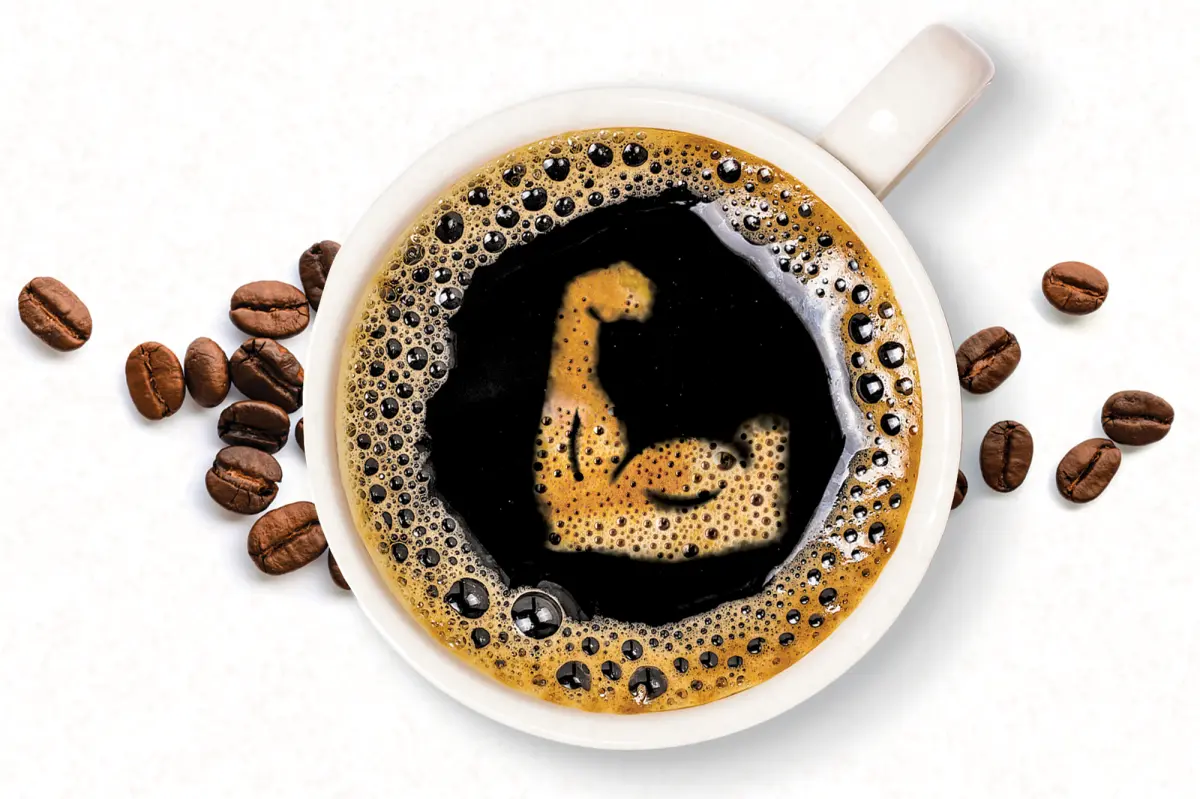In the bustling world of coffee enthusiasts, a storm is brewing over the safety of decaffeinated coffee. The Food and Drug Administration (FDA) finds itself at the heart of a heated debate as it considers the ban of methylene chloride, a chemical pivotal in the decaffeination process used by leading coffee chains, including Starbucks and Dunkin’ Donuts. This controversy stirs amid mounting evidence suggesting a potential link between the chemical and cancer risks, sparking concern among the millions who indulge in decaf for its health benefits.
The Heart of the Matter: Methylene Chloride Under Microscope
At the forefront of this brewing debate is methylene chloride, a solvent employed in stripping caffeine from coffee beans. Notorious for its use in major coffee establishments, this chemical has been flagged for its carcinogenic implications in animal studies. Activists, armed with petitions, have urged the FDA to reconsider the safety of decaffeinated coffee produced with this compound, pointing to the Delaney Clause of 1958, which mandates the prohibition of food additives known to induce cancer.

The call for a ban extends beyond methylene chloride, targeting other carcinogens like benzene and ethylene dichloride, suggesting a broader concern for consumer safety in the face of chemical exposure.
The potential ramifications of such a ban from FD could ripple through the 26 million decaf drinkers in the U.S., challenging the narrative of decaf coffee as a healthier alternative.
Beyond the Cup: The Decaf Dilemma Taken up by FDA
The debate extends into the realm of research, with studies illustrating the cancerous potential of methylene chloride exposure. Rodent experiments have revealed tumor development in critical organs upon exposure, while epidemiological studies correlate higher risks of blood cancer among humans with prolonged contact with the chemical. These findings cast a shadow over the safety of methylene chloride, prompting states like California to consider their bans, reflecting a national apprehension towards the chemical’s use in decaffeination.

Yet, the opposition presents a formidable stance, emphasizing the European Method’s cost-effectiveness and efficiency over alternative decaffeination techniques. The National Coffee Association voices concerns over potential decaf shortages, urging for decisions grounded in concrete evidence of harm.
They argue that the benefits of decaf coffee, a reduction in the risk of several cancers and chronic diseases, should not be overlooked hastily.
Due to cancer concerns, the FDA is considering banning methylene chloride, which is used in decaf coffee. Petitions urge a ban, which could potentially affect 26 million US consumers.https://t.co/ln8nxi8gJF
— Tech Times (@TechTimes_News) March 29, 2024
The FDA’s Balancing Act
Amid this controversy,https://www.gadgetinsiders.com/news/has-starbucks-really-renamed-itself-to-vista-coffee/ the FDA is tasked with navigating the intricate balance between ensuring public health safety and accommodating industry practices. With a safety threshold set at 10 parts per million for methylene chloride in decaf coffee, the agency is under increasing pressure to revisit these guidelines in light of the new evidence. The upcoming decisions could mark a pivotal moment in the regulation of food additives, setting a precedent for how health concerns are weighed against industry standards.

As the FDA deliberates on this significant health concern, the outcome could redefine the landscape of decaffeinated coffee, impacting both consumers and producers. With health at the forefront of this discussion, the coffee community remains on edge, awaiting a verdict that could steer the future of decaffeinated coffee towards safer shores.
Stay tuned for further updates on this developing story, where the health implications of our daily indulgences are examined under the scrutiny of scientific research and regulatory oversight, reminding us of the complex interplay between our pleasures and their potential perils.









